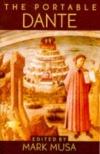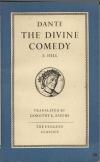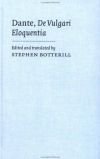
Inferno is the first part of Dante Alighieri's 14th-century epic poem Divine Comedy. It is followed by Purgatorio and Paradiso. It is an allegory telling of the journey of Dante through Hell, guided by the Roman poet Virgil. In the poem, Hell is depicted as nine circles of suffering located within the Earth. …

Božská komédia je rozsiahle literárne dielo talianskeho básnika Danteho Alighieriho, jedno z najvýznamnejších diel svetovej literatúry. Vzniklo pravdepodobne v rokoch 1307 – 1321. V samotnej Božskej komédii Dante uvádza, že sa dej odohráva na Veľkú noc roku 1300. Skladá sa z troch častí: Peklo, Očistec, …
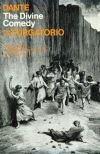
This splendid verse translation by Allen Mandelbaum provides an entirely fresh experience of Dante's great poem of penance and hope. As Dante ascends the Mount of Purgatory toward the Earthly Paradise and his beloved Beatrice, through "that second kingdom in which the human soul is cleansed of sin," all the passion …

Originally released on 3 CDs in abridged form. Now available on 4 CDs unabridged. "I have been in the Heaven that takes up most of his light, and saw things there that those who descend from that height cannot speak of or forget..." Led by his guide Beatrice, Dante leaves the Earth behind and soars through the …
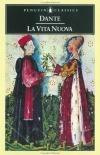
La Vita Nuova or Vita Nova is a text by Dante Alighieri published in 1295. It is an expression of the medieval genre of courtly love in a prosimetrum style, a combination of both prose and verse. Besides its content, it is notable for being written in Italian, rather than Latin; with Dante's other works, it helped to …

De Monarchia is a treatise on secular and religious power by Dante Alighieri. With this Latin text, the poet intervened in one of the most controversial subjects of his period: the relationship between secular authority and religious authority. Dante's point of view is known on this problem, since during his political …

 English
English Español
Español Deutsch
Deutsch
